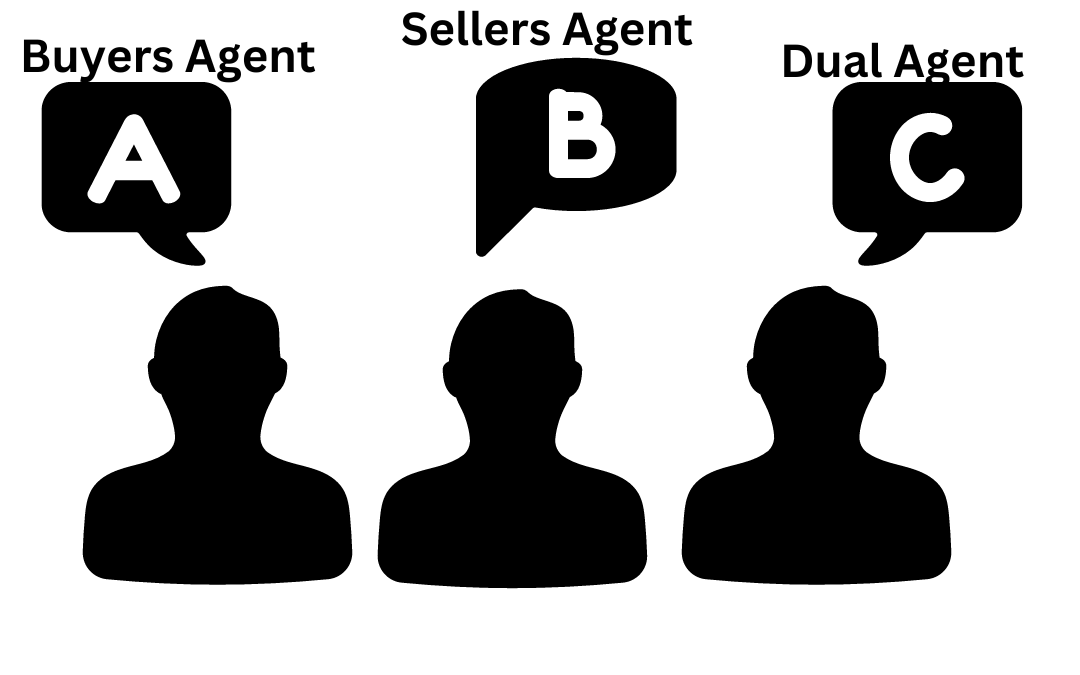Next home buyer & home seller classes (in person & online) are available at:
www.learningtobuyahome.com
www.freesellerclasses.com
Don’t want to go to the website? (Hey! it has other awesome blogs & videos on there too!), you can always email me at traciedemars@aol.com and I will email you the schedule.
Hi there!
Welcome to the HOLI-DAZE!!!
First, I want to remind everyone that CLIENT APPRECIATION is Saturday, December 18 from 3pm -6pm for … Spiderman: No way home! That is TOMORROW! We still have about 60 tickets left. Email me to get some, and I will get you on the list.
We are pretty excited to see everyone as it’s been a few years since our last one. If you haven’t RSVP’D yet, email me or Chris Berg (chris.berg@cardinalfinancial.com) with how may adult/kid tickets you will need, and any with any questions!
Just a heads up…. our next one will be in April for Fantastic Beasts 3: The Secrets of Dumbledore!!!
So, this week let’s talk about septic and sewer… this comes up quite frequently in our area….and it is important. This week we are going to talk about what people don’t like to think about in your home. Many areas in Clark County are still on Septic systems, and are not hooked up to the Sewer. This, of course, makes sense in rural areas where you don’t expect sewer hook-up, but many places in Vancouver are still on septic as well as the sewer lines are not available there. However, sometimes the sewer line IS there, but the home is still on a private septic system. I grew up on a septic system… both at my grandparents home that was on acreage & at my mothers home that was on a septic…in Vancouver, and by a hospital. In fact, I live on septic right now. It is surprising to some people just how many homes in Vancouver are still on a septic. For me, septic isn’t a big deal. It just has to be maintained, and as a homeowner, you have to be careful what you *ahem* flush. Homes with a septic shouldn’t have a garbage disposal as they aren’t equipped to handle that. Now, I have been told that there are disposals that are designed to work with septic systems, but that is a question for the septic professional.
What is a septic system?
How Septic Systems Work…. A typical septic system contains two major components: a septic tank and a soil drain field. The septic tank: ♦ Removes solids, which helps protect the soil drain field from clogging that can result in premature failure of the onsite system. ♦ Digests a portion of the solids and stores the remaining portion. Up to 50% of the solids that remain in the tank decompose. The remaining 50% accumulates in the bottom of the tank as sludge. When the level of sludge exceeds the tank’s holding capacity, the sewage has less time to settle before leaving the tank. Eventually, the sludge level increases enough to allow solids to enter into the drain field, resulting in damage to the field and the need for extensive repairs. The soil drain field: ♦ Is located underground in an unsaturated soil area on your property. ♦ Further treats the effluent through physical, chemical, and biological processes. The field consists of a series of underground perforated pipes installed in a one-foot deep layer of washed gravel, or a series of plastic chamber units. Here, the effluent is distributed, stored, and ultimately applied to the soil for treatment. After filtering through the soil, the treated effluent enters the groundwater level for final disposal.
A sewer system is, of course, is a city/county maintained sewage disposal system. The city/county is responsible for the care and maintenance of the sewage lines UNTIL it hits your property lines. Once all pipes hit your property line, the maintenance & repair responsibility is the homeowners.
Maintenance of your septic system? The lack of septic tank maintenance can cause sewage to back up into your house or solids to overflow to the drain field. Once solids overflow and leave through the tank outlet, they can quickly clog a drain field to the point that a new one is required. Most septic tanks need to be pumped every three to five years, depending on the tank size and the amount and type of solids entering the tank. The inspection of the sludge and scum levels is the only way to determine when a tank needs to be pumped. This is not necessarily a pleasant task, but can be done relatively easily. Septic tank pumping firms are available to perform the inspection. Your septic needs inspected every 2 years and that inspection on file with the Clark County Health Department. An average septic system needs pumped every 3-5 years. Septic & sewer do have some things in common…like the things you are not supposed to put down your plumbing… hot grease? Nope! Bacon grease? No way! Feminine products? Uh…eww… no! Paint? No!
Differences? With a septic system you shouldn’t have a disposal …that is a difference. Now, I have been told that there are disposals that are ‘supposed’ to be compatible with septic systems, but honestly, my septic guys still say that you shouldn’t. With a septic system you won’t have a sewer bill, and that is a difference too.
So what if you have, or buy a home that is on septic and the sewer comes in your area/street? Do you have to hook up to it? Actually you don’t….no matter how old it is. If your septic system is in good working order you can decline to hook up to the sewer. Some septic systems are from the 60’s and are still going strong. One thing though, when buying a home, I do recommend a sewer scope still…even with a septic system. Why? Because the septic inspection checks the tank to make sure it is in good working order, but it does not check the lines from the home to the tank. If something will go south…it’ll be the sewage lines from the home to the tank.
I know some folks are leery regarding septic tanks, but I have lived on septic most of my life, and had zero issues. I live on a septic system now. Looking to live in the country, on some land? You will have a septic system. Looking to live on a large lot closer in to town? Still might be on septic. Looking to live IN town? In many areas, you will still be looking at a septic vs being on sewer. It is surprising to many how many homes in the Vancouver area are still on septic….even homes with the sewer running in front of the home.
I sold 2 homes this week that were on a septic system….even though the sewer runs in front of the house, and one of the buyers was using her VA loan. You can buy a home on a septic system with a FHA or VA loan….even if there is a sewer line is available. While you do not have to hook up to the sewer if your septic is in good working order there is an ‘if’ here…. If your septic system fails though…then yes, you will need to hook up to the sewer. However, the sewer line has to be within so many feet of the home for that to happen. So what is the cost to hook up to the sewer? Roughly about $7,000-$15,000. What is the cost of a new septic system? Roughly about $7,000-$15,000. Yes, that is a lot of money, but there is help for it….”Vancouver’s Sewer Connection Incentive Program (SCIP) extends public wastewater main lines to areas where septic systems were initially installed because sewer wasn’t available then, typically areas that were later annexed into the city. Through SCIP, we are working with homeowners to provide an easy and affordable solution to change from septic systems to safe, reliable public sewer.”
Well, that is this weeks crappy discussion! LOL …sorry, I couldn’t help myself.
As always, “may the odds ever be in your favor” I am here for any questions, and always available to help you with your next Home Adventure… Whether you are buying, or selling… I got you Boo!
Have a great day, and I will talk to you soon,
;-D



